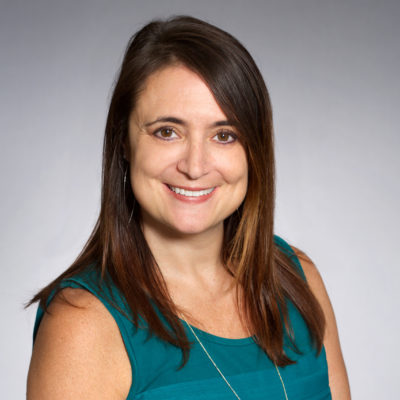
One of the biggest complaints I hear as a dietitian is that nutrition advice “is confusing” because “the experts are always changing their minds.” Honestly, I completely understand why the public feels this way. Stated simply, we exist in a world with endless, readily available information and insufficient responsibility to disclose fact vs. opinion and credibility vs. bias.
Let’s use a New York Times story, published yesterday, as a case in point. It questions long-standing nutrition guidance to decrease intake of red and processed meat, which has been a clear and constant mantra in the health community, particularly as it relates to cancer risk.
The headline. “Eat Less Red Meat, Scientists Said. Now Some Believe That Was Bad Advice.”
The assertion. A group of international scientists, looking at the evidence, have questioned whether 1) the extent to which consumers benefit from not eating red meat is enough to warrant recommending its reduced consumption; 2) the science used in making this recommendation is good enough; and, finally, 3) if the average carnivore does not want to decrease consumption, whether it’s worth recommending less in the first place.
To be clear. The American Cancer Society, American Institute of Cancer Research, World Cancer Research Fund, Dietary Guidelines for Americans, Harvard School of Medicine, and others still recommend moderating intake of red meat and eating little to no processed meat. The American Institute of Cancer Research’s most recently released Expert Report says that “The evidence that red meat (beef, pork and lamb) is a cause of colorectal cancer is convincing…we can consume modest amounts without a measurable increase in cancer risk.” Regarding processed meat, they conclude that “…the evidence is just as convincing” and that “cancer risk begins to increase with even very low consumption.”
What moderating red meat looks like in real life. Red meat includes beef, pork, and lamb. A moderate amount is 12 to 18 ounces (cooked) per week.
Inaccurate interpretation of the preponderance of scientific evidence is an ongoing issue. Here are some helpful tips on viewing nutrition information through the lens of healthy skepticism:
- Beware when you read something that is stark contrast to what has been existing belief. Controversy is interesting and compelling to read about, but not necessarily worth basing dietary behaviors on. Make sure that several credible sources are recommending the same thing before you take action.
- Nutrition science is evolving, but not abruptly. What we typically see in nutrition science and recommendations, based on research, are small tweaks and the addition of more specificity. What is much less common is a total reversal. In these cases, refer to point #1 above.
- Keep in mind the credibility of the source, but don’t assume that everything you read is scientifically correct. Reporters, bloggers, your neighbor…all these folks may have some knowledge in health and food. They may have a significant interest in nutrition. You may find them reliable and credible on any number of other topics. But, it’s important to understand that the nuances and scientific principles underlying nutrition can be complex. While nutrition recommendations themselves tend to be common sensical, at face value, you cannot assume your source has the knowledge to connect all the dots and make all the correct conclusions. Sometimes things get lost in the translation.
- Know that a reporter’s responsibility is to present a balanced, compelling story. This is not always the same as providing a compilation of scientifically accurate information. What we typically see in stories is a narrative with sources on both sides of the issue stating their opinions and beliefs. Writers do not always clarify for the reader which of these statements are accurate and which are scientifically and factually flawed.
- This is why VCS has dietitians as a resource for our patients. When in doubt, ask your Virginia Cancer Specialists Registered Dietition for our take.








